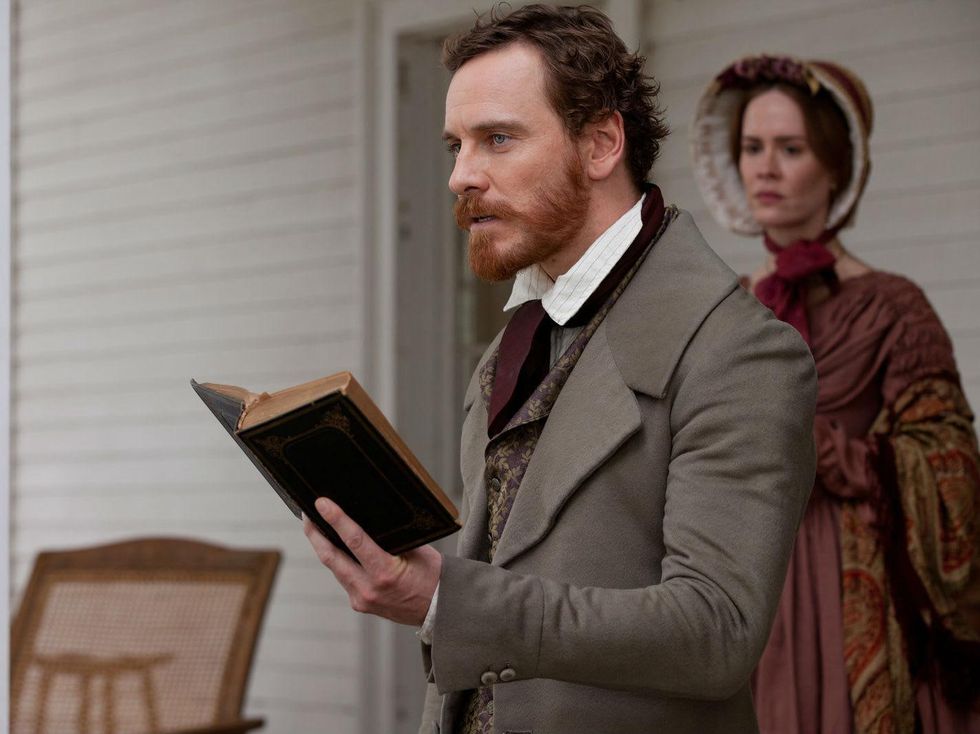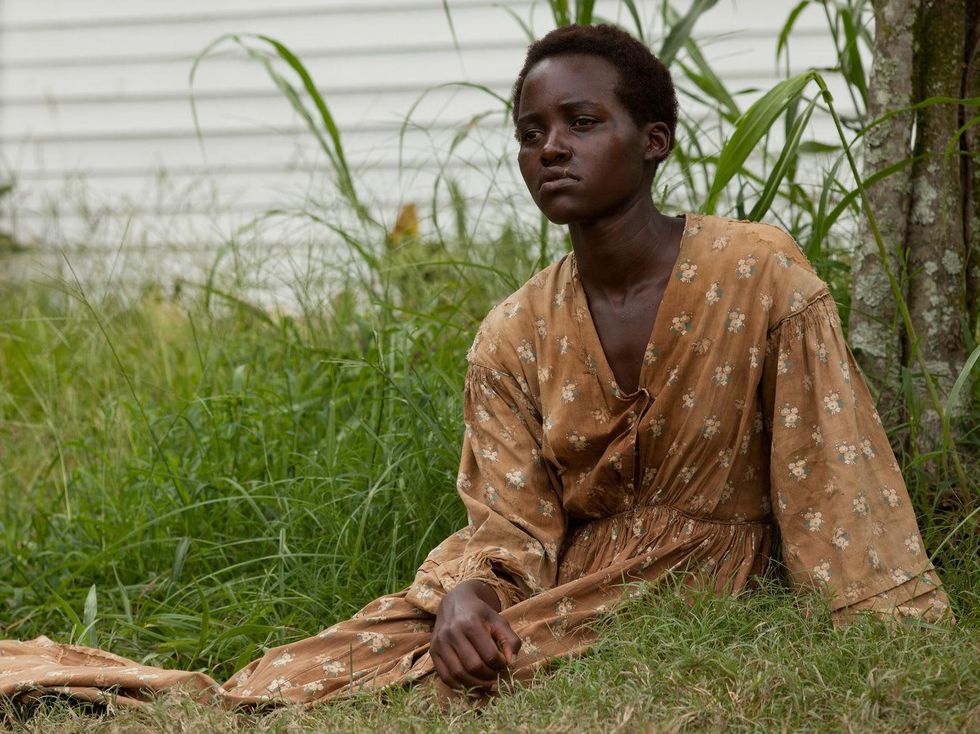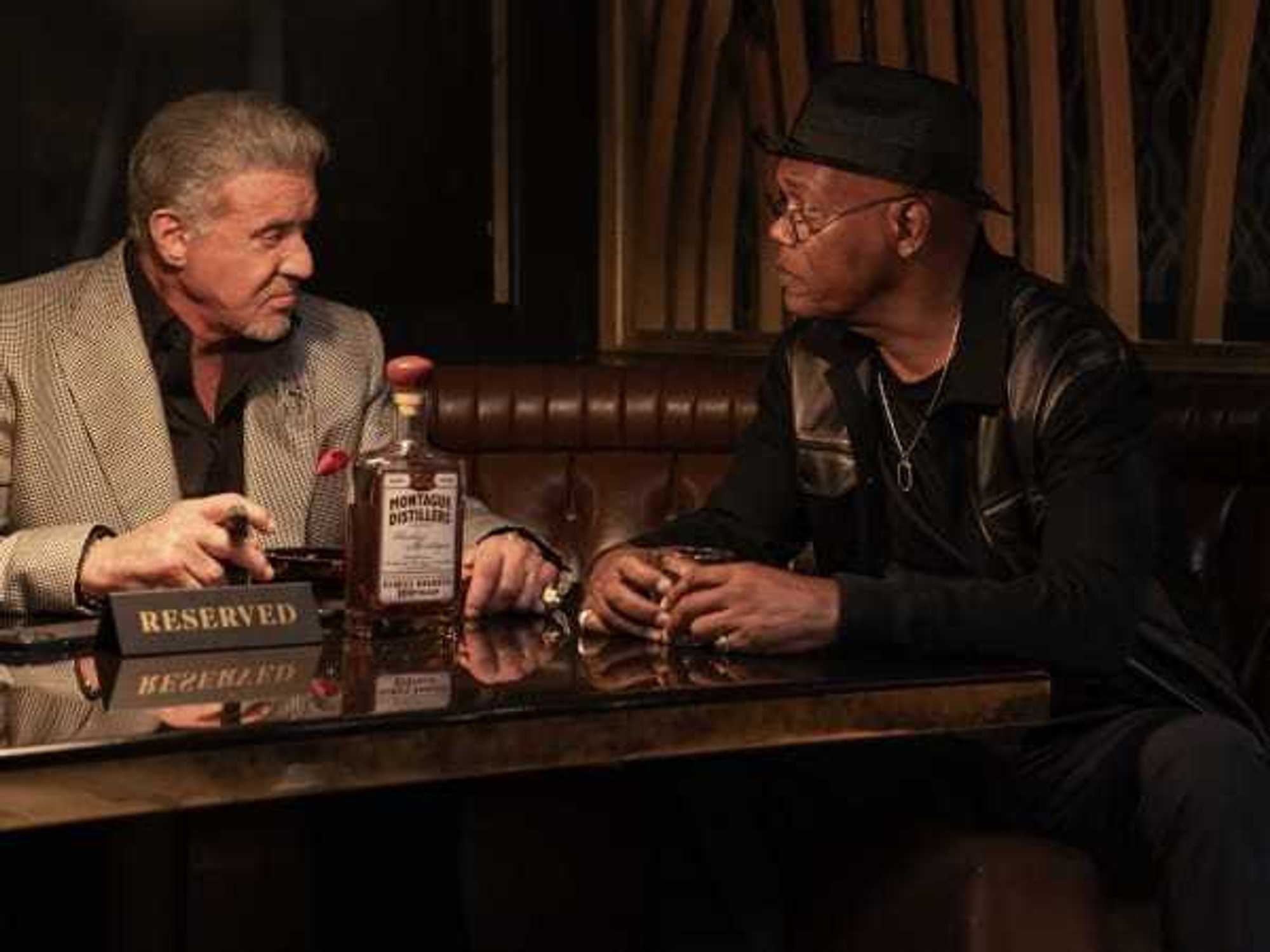Somber Movie Magic
Oscar-worthy 12 Years a Slave offers unflinching and surprising look at a despicable practice
Filmmakers have attempted to tackle the topic of slavery virtually since the beginning of the medium. But it’s more often been one aspect of a larger story about the early days in the United States rather than the focus of the film itself.
Aside from the 1977 mini-series Roots, there are few examples of filmmakers truly delving into the day-to-day details of what it was like to be a slave. 12 Years a Slave, based on Solomon Northup’s 1861 biography of the same name, finally takes on that challenge. It details the harrowing journey of Northup (Chiwetel Ejiofor), a free man living in New York who was abducted and sold into slavery.
Chiwetel Ejiofor may very well become a household name after his Oscar-worthy portrayal of a slave named Solomon Northup.
What’s most remarkable about the film is how quickly director Steve McQueen (Shame) and writer John Ridley (Red Tails) get Northup — and, by extension, the audience — acclimated to his new set of circumstances. That’s not to say that he ever gives up hope of escaping or fighting his captors, but it’s immediately clear that to do either, he’ll need more than just hope.
Though advised to hide his educated ways from everyone, Northup gains favor from more than one slave owner for his talents, including his ability to play the violin. But the brutality never stays hidden for long, and Northup must use all his strength to keep from falling into despair.
The starkness of Northup’s new life often comes in his dealings with fellow slaves. Due to the whims of overseers or financial situations of plantation owners, Northup rarely has an opportunity to bond with anyone before they’re gone from his life. But even those with whom he does develop a rapport are unable to help in any way for fear of their own lives.
To the film’s credit, it paints some slave owners and overseers in shades of gray rather than as pure evil. Some, such as those played by Paul Giamatti or Paul Dano, have no redeeming qualities. But others, like one depicted by Benedict Cumberbatch, have obvious love and respect for their slaves even while participating in the despicable practice.
While stopping short of sympathizing with any of them, McQueen shows that not all slave owners or overseers were cut from the same cloth and that lumping them all into the same group is as reductive. Similarly, he shows examples of things you might not expect to see, such as a black slave owner or a white slave, that flip expectations on their head.
Ejiofor, quite simply, is magnificent as Northup. The British actor is far from unknown, but he is hardly famous. That will likely change after this role, as he owns every single aspect of the film. Like with Tom Hanks in Captain Phillips, an Oscar nomination for Ejiofor is assured.
Solid in supporting roles are Cumberbatch and Brad Pitt as a Canadian abolitionist, but the one who almost steals the show is Michael Fassbender. Having starred in all three of McQueen’s feature films, it’s clear that Fassbender trusts the director implicitly, and his unpredictable performance as a slave owner shows just how much.
Another actor who ought to be remembered come awards time is Lupita Nyong’o, who plays a slave who gains the unwanted attention of Fassbender’s slave owner. This film is only her third credited role, but the raw emotions she lays out show that she’ll be someone to watch in the years to come.
With its unflinching look into the soul-sucking reality that was slavery, 12 Years a Slave is not an easy film to get through. But the rewards it gives in terms of illuminating history and fantastic performances across the board make it one of the best films of the year.




